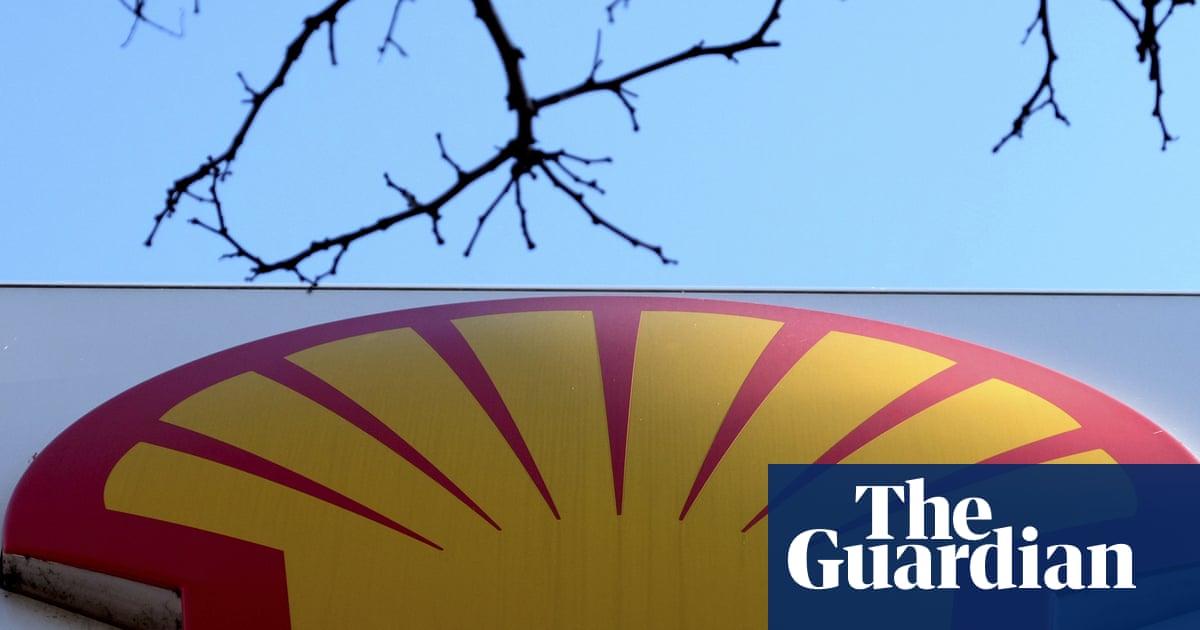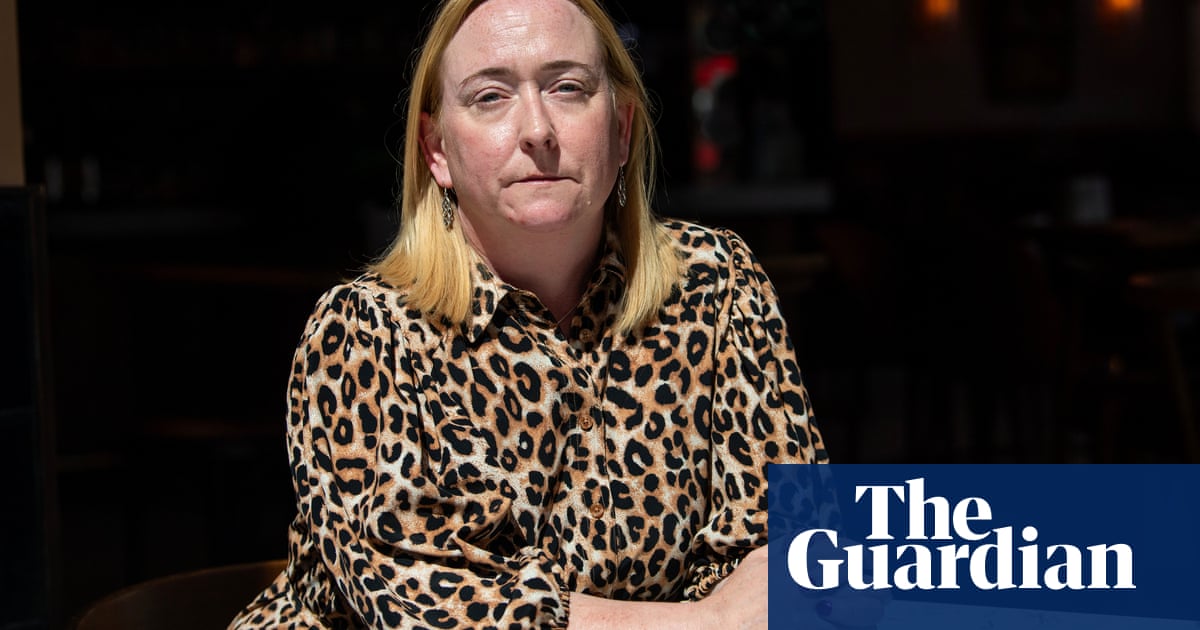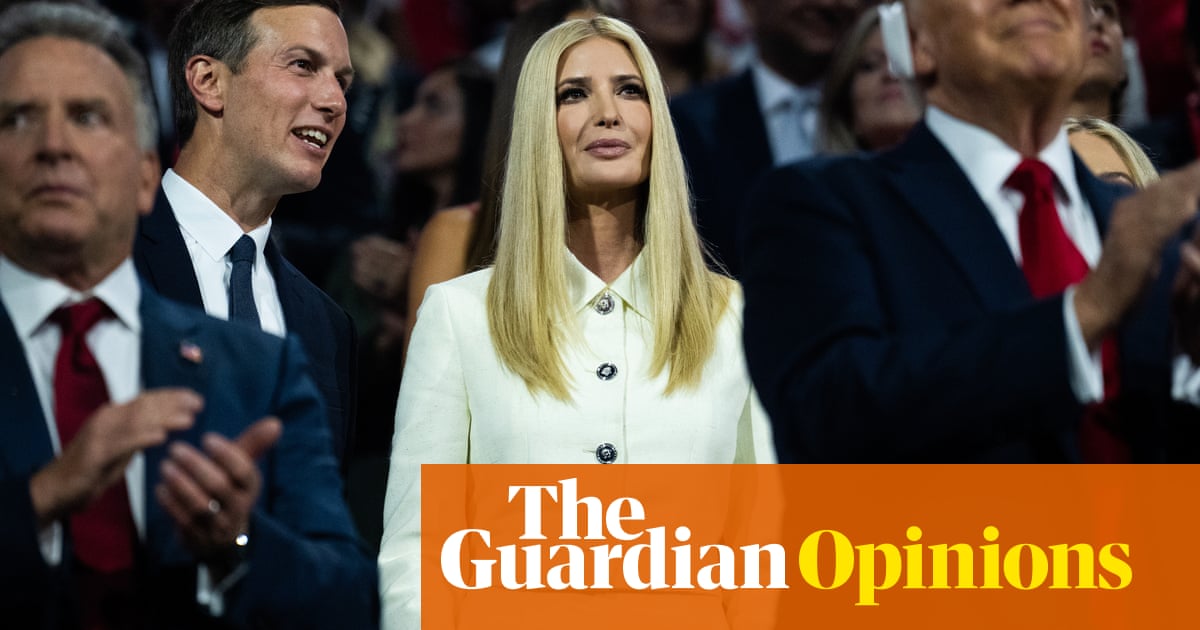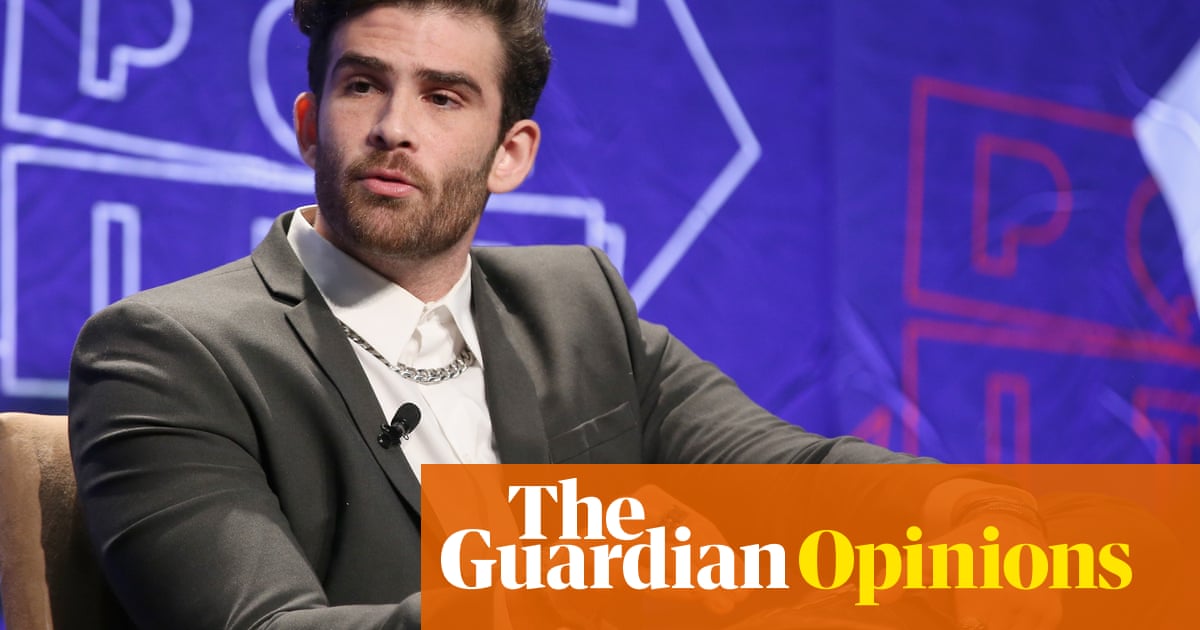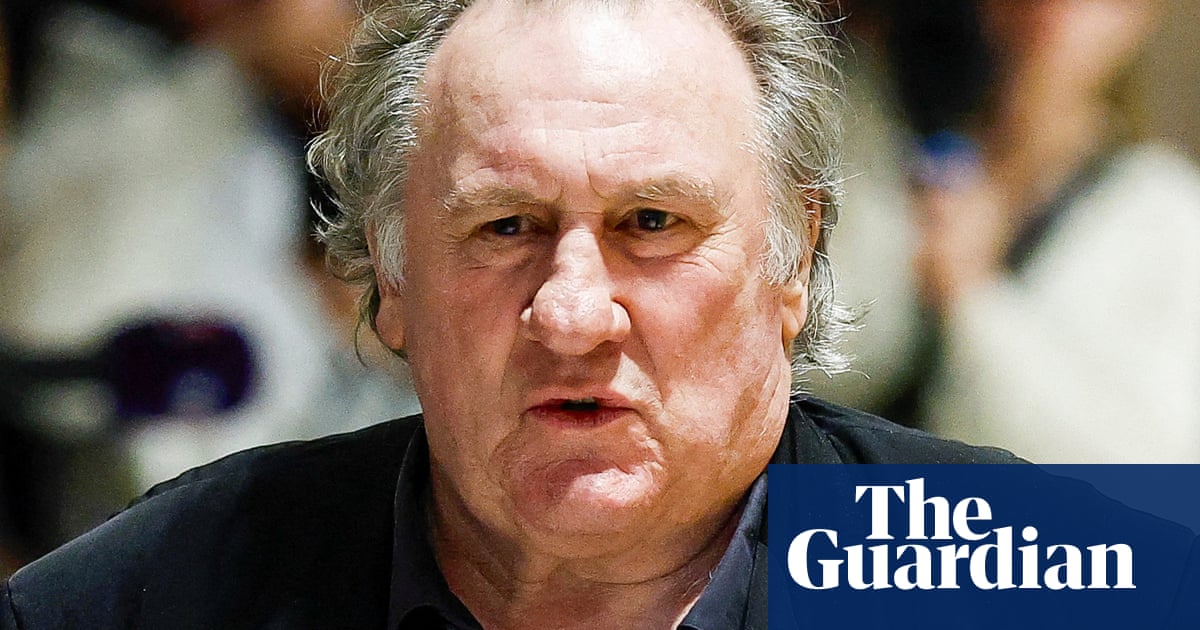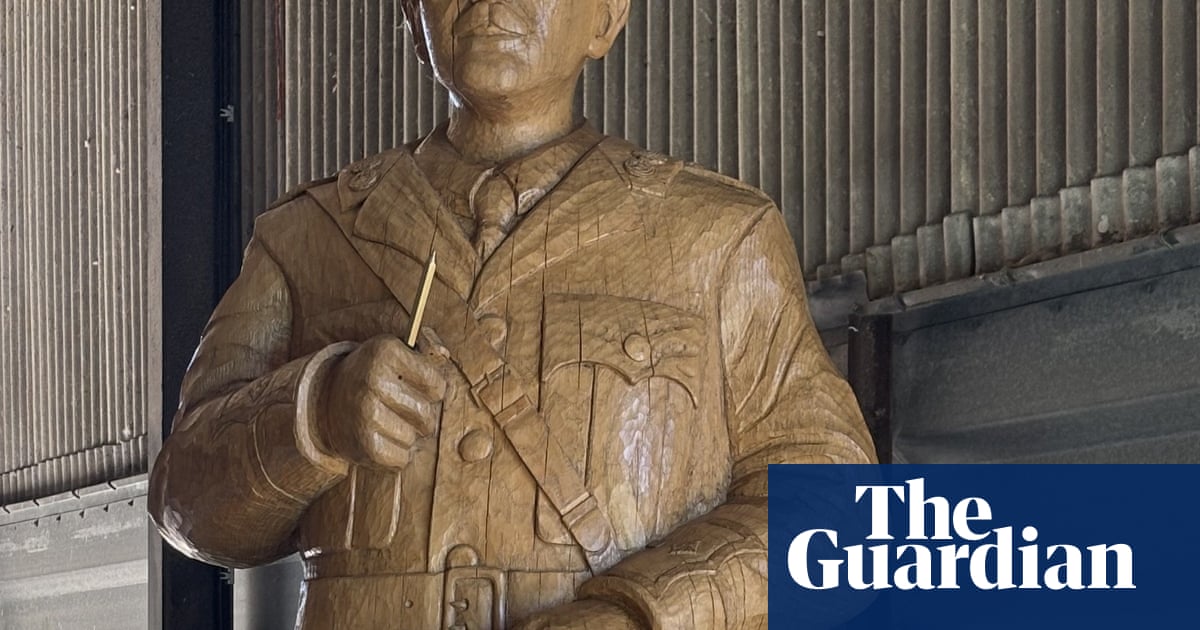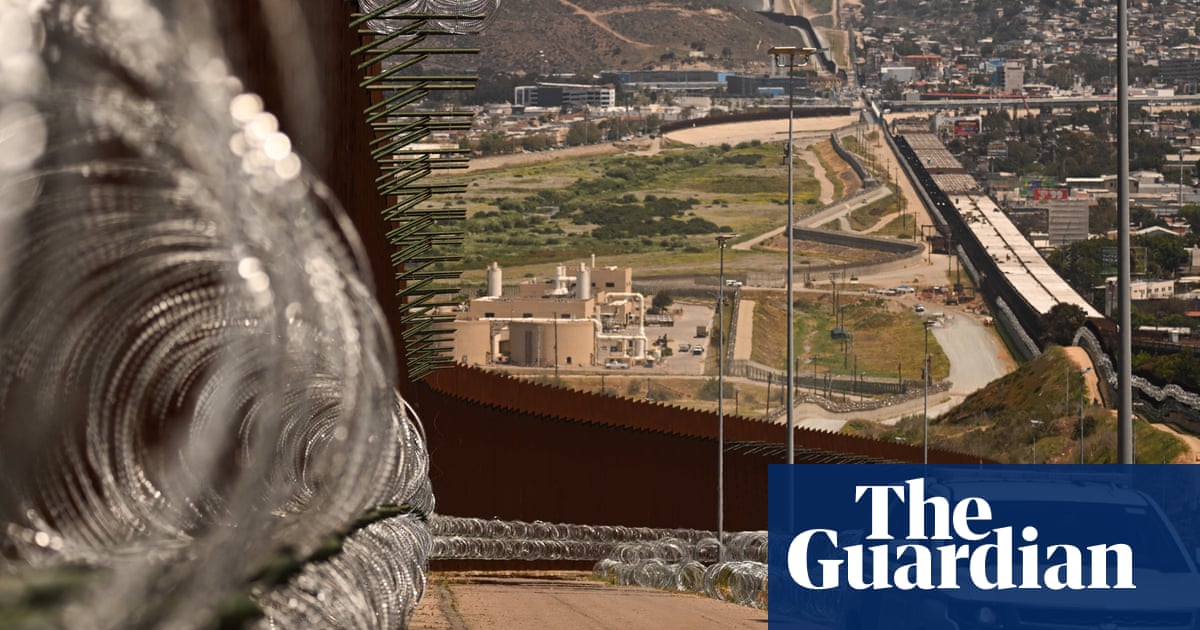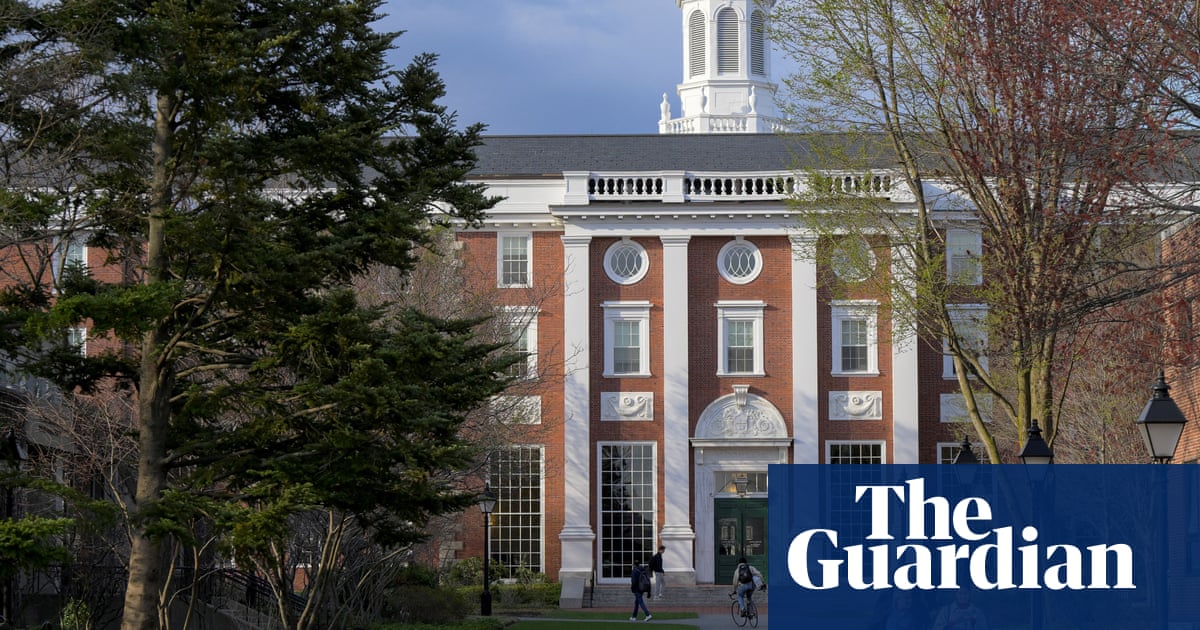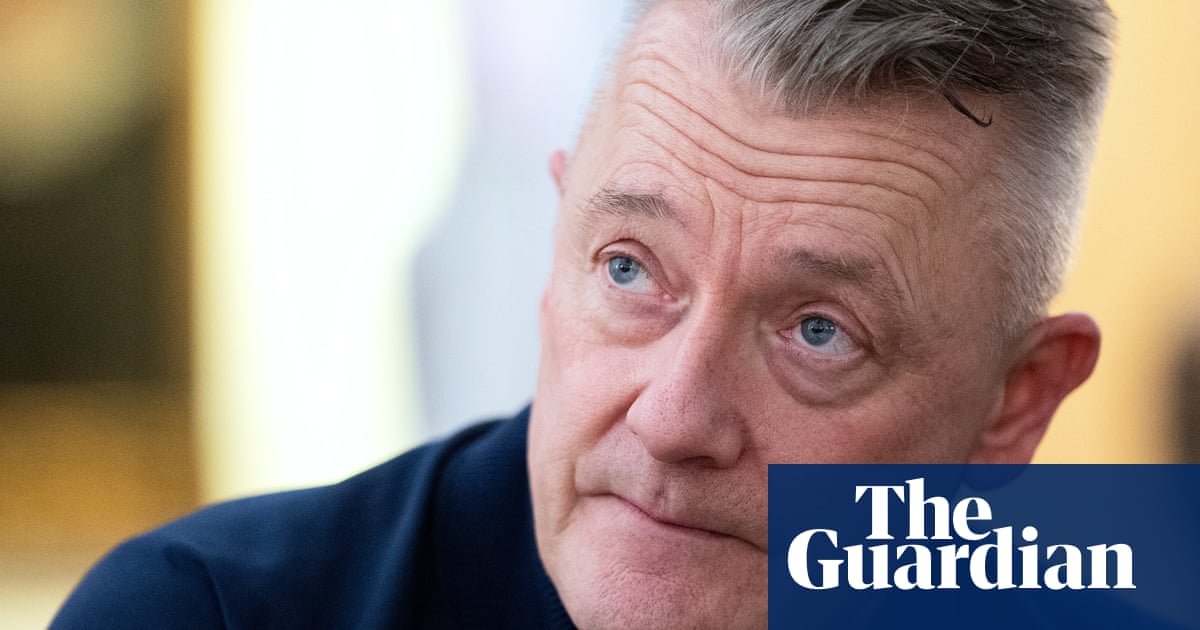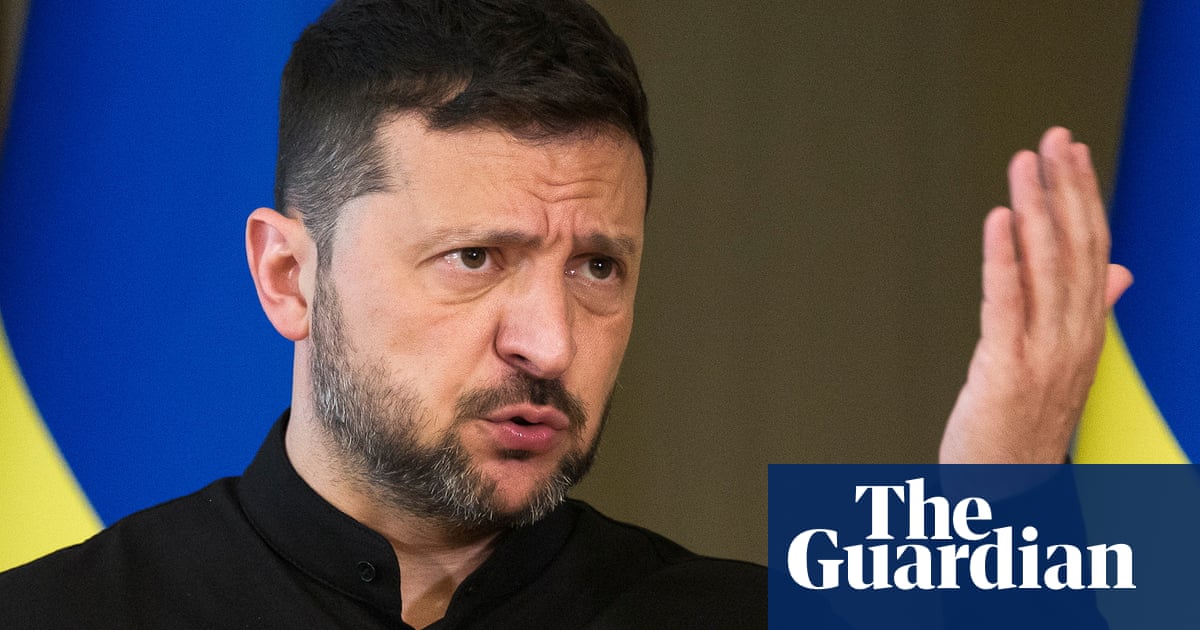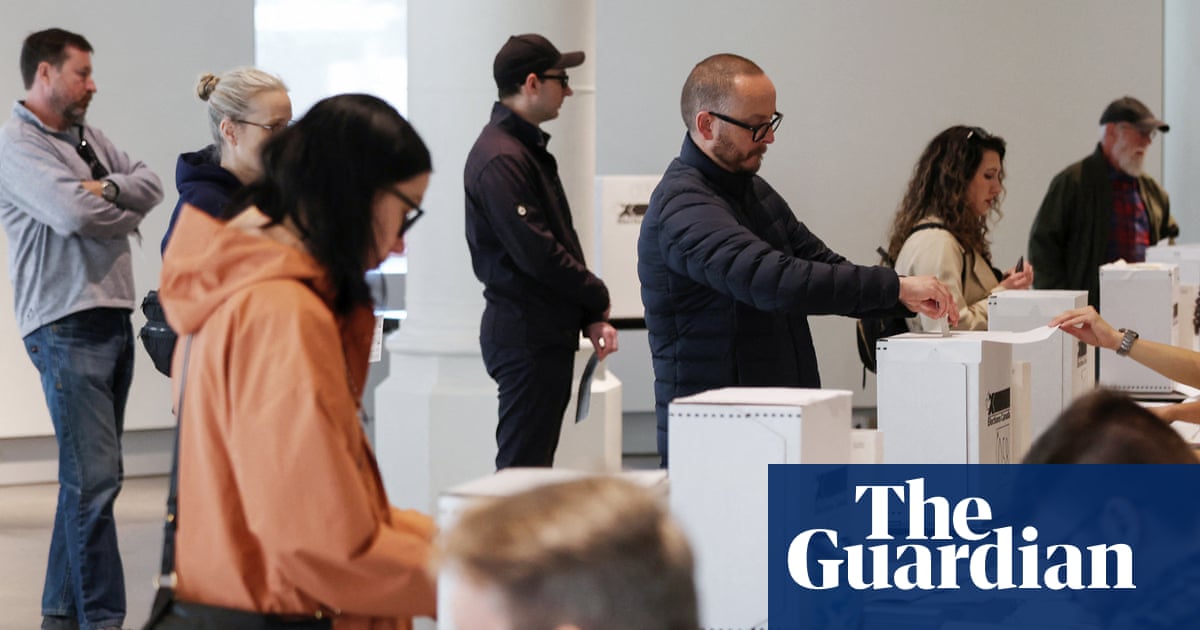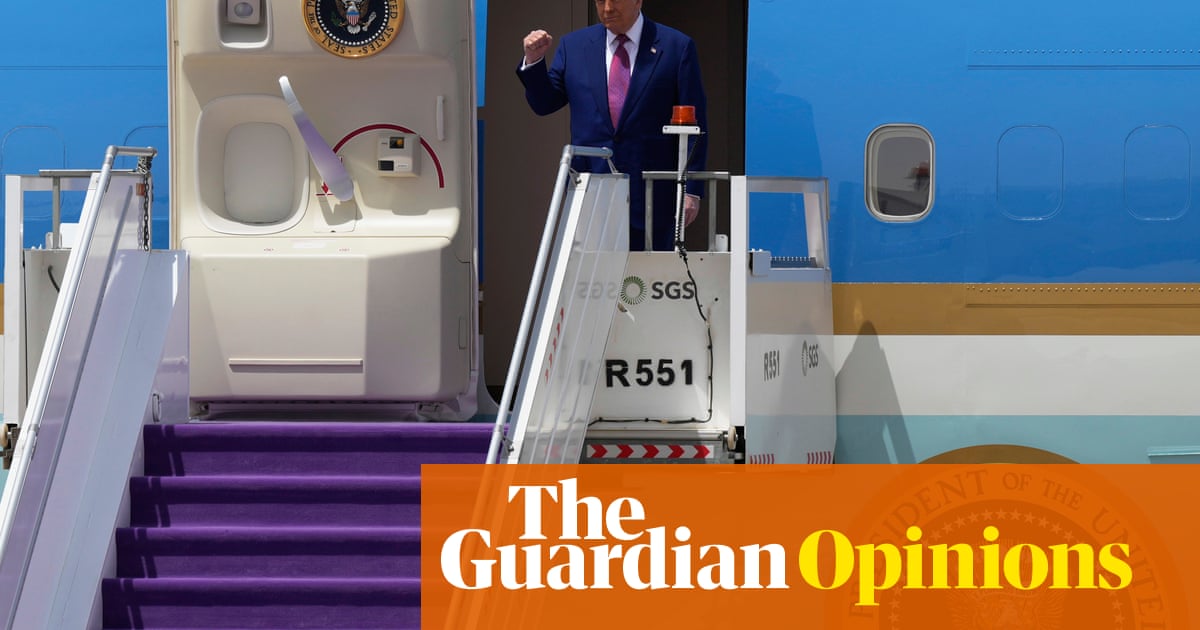Over in parliament, MPs are digging into the crisis at Thames Water.
The Environment, Food and Rural Affairs Select Committee (EFRA) are quizzing top brass at the water company – CEO Chris Weston, chair Sir Adrian Montague CBE, and CFO Steve Buck.
You can watch it here.
MPs are planning to cover the following issues…
-
Leadership and culture at the company
-
Recent court case and appeal
-
Current ownership
-
The future of Thames Water
-
Thames Water’s selection of KKR as its preferred bidder
-
Price review, performance, and penalties
-
Returns to investors and profitability
-
Executive pay and bonuses
Key events Show key events only Please turn on JavaScript to use this feature

Heather Stewart
The Bank of England’s chief economist, Huw Pill, has underlined his concerns about wage growth, suggesting it might mean rates have to stay higher for longer.
Speaking at a conference at the London School of Economics today, he said he was concerned about the upside risks to inflation, which might get stuck above the Bank’s 2% target.
Pill said that could, “mean that the response of monetary policy, in order to ensure that we get back to our target within a reasonable cycle, needs to be somewhat more aggressive or more persistent in itself.”
Jaguar Land Rover has welcomed the US-UK trade deal announced last week, after reporting its highest annual profit in 10 years.
JLR posted a £2.5bn pre-tax profit in the year to 31 March, its highest profit in a decade.
The company is pleased that the UK has negotiated down tariffs on cars exported to the US, saying:
In April, at the start of the new financial year, we implemented a series of short-term actions to address the immediate impact of trade tariffs introduced by the US Administration on the global automotive sector. On 8 May 2025 we welcomed the positive announcement of a US-UK trade deal. This reduces US trade tariffs on UK auto exports to the US from 27.5% to 10%, within a quota of 100,000 vehicles. This deal brings greater certainty for our sector and stakeholders.
We will continue to engage with the UK Government on the detail of the trade deal. Our priority is to ensure we deliver for our global clients and protect EBIT through delivery of transformation and efficiency initiatives.
Thames Water’s CEO concedes that the company has run up “extremely high” costs on advisors, which total around £159m.
That bill reflects the fact Thames is the “largest restructuring of a balance sheet in British history”, Chris Weston says.
Life would be “extremely difficult for everyone” if Thames Water falls into a special administration regime (effectively nationalisation), its chair told MPs.
Adrian Montague suggested that suppliers might wonder how much longer they wanted to work for Thames; senior management might also consider their position, and there would be a considerable burden on government, who could face £5bn of extra costs, and would need to eventually find a buyer for the business.
Touching again on Thames’s cash squeeze, Sir Adrian Montague says the company’s liquidity was very tight when it was negotiating with lenders recently.
Having only five weeks liquidity “is a nightmare” for a large company such as Thames, Montague says.
But, he insists, Thames was in a “beggers can’t be choosers situation” when it was negotiating the deal to provide a £3bn lifeline.
Montague adds:
We were running along the edge of the precipice, and we had to secure the financial future of the company.
MPs have also quizzed Thames Water’s top brass about its future ownership.
Chief executive Chris Weston told the committee it was still a “very fluid situation”, despite investment firm KKR having been chosen as the sole bid to invest in the company.
He says there is still a possibility that Thames could go back to other interest parties if “if the current process fails”. Other options are that creditors step in, and execute a debt-for-equity swap.
Or, there is a possibility the company could still fall into public ownership.
Weston says:
“It’s a very fluid situation but those both are possibilities.”
“There’s no guarantee we would not stay on a market-led solution as opposed to a special administration, but it is a very fluid situation and those are all possibilities.”
Montague: We're here to put things right
Sir Adrian Montague then refuses to give a commitment to Helena Dollimore MP that the Thames Water top team at the committee hearing (him, CEO Chris Weston, and CFO Steve Buck) will remain in place through this parliament.
We live in a competitive marketplace, Montague points out, adding:
We have to live in the real world. No-one will give you a commitment that will be no change in the leadership team over five years. It is simply not possible.
Q: So how can we have any faith in the commitments you are making?
“We are the new kids on the block,” Montague declares, adding “We are making progress. We are here to try to put things right.”
We won’t quit until the job is done, but it is not realistic to say there will be no changes in the team over 5 years.
Q: Why would headhunters recruit from a failing company?
“It’s not a failing company”, Montague fires back, “it’s a company in recovery”.
We are making progress. This is a good team. You can see how the progress is starting to become apparent.
Committee chair Alistair Carmichael seems unimpressed, asking:
Q: If a 40% rise in pollution incidents is a sign of success, what does failure look like?
Montague says “We must go back into those pollution incidents”.
Thames Water chair Sir Adrian Montague then defends the company’s controversial decision to pay dividends, rather than investing in improving its infrastructure.
Montague says Thames decided to pay the ‘intergroup’ dividend, of £157m, in October 2023 so it could keep discussions about future capital injections with then-shareholders alive.
“In the event, that failed”, he admits. But at the time, Thames didn’t know it wouldn’t work.
Helena Dollimore MP points out that a better use of that would have been to mend pipes, or to fund the 100 infrastructure projects that were delayed in summer 2023.
UPDATE: Montague may have his dates mixed up here. The Guardian reported last June that this £150m dividend was agreed in March 2024, having already faced investigation for paying a £37.5m dividend in October 2023, for which it was fined.
Thames CEO Chris Weston then feels more heat over his bonus payments.
He reveals that Thames’s front-line staff can qualify for bonuses worth 3%-6% of their salary, while Weston can earn 156% of his salary in a bonus.
Weston concedes that “it is a lot of money”, but argues that Thames must offer competitive packages to attract and retain the staff it needs.
Labour MP Helena Dollimore says there is a “clear discrepancy” here, and that if Thames was truly committed to improving its infrastructure it would have more focus on the morale of front-line staff, and support them better.
Thames chair: we got hair-raisingly close to running out of money
Thames Water’s chair has admitted to MP’s that the company came worryingly close to running out of money in the last year.
Tackled over Thames’s decision to delay 100 vital infrastructure projects, to prevent storm overflows and pollution incidents, in August 2023, Sir Adrian Montague reveals
He says:
Thames in the last year has come very close to running out of money entirely.
There were times in the last year when we had five weeks of liquidity.
Running a £20bn corporation on five week’s liquidity is “hair-raising”, Montague says.
He explains that the decision to delay those projects was the start of a process to fight a “funding crunch”, as “we felt we needed to conserve cash”.
Montague denies that the money was used on bonuses, which he says are necessary to retain staff.
Thames Water bosses grilling by MPs pretty startling so far.
As chair Sir Andrew Montague just said “running a £22 billion company on just five weeks cash - is pretty hair raising… the cash box was nearly empty”.
Justifies paying bonuses to bosses to “keep talent”
Thames CEO: Confident we won't run out of water this summer, but...
Thames Water is taking steps to prepare for a possible drought this summer, its CEO insists (even though its desalination plant at Beckton is still out of action).
Chris Weston tells MPs on the EFRA committee that Thames has four levels of drought awareness, and has just raised that level from zero to 1.
That means:
-
Thames is checking all its reservoirs are as full as can be – they are currently 94% full now, and the company is trying to top them up.
-
it is going through all its plants to ensure all critical maintainance is done before the summer
-
It will also start to communicate the importance of conserving water to customers.
Weston says:
At the moment, from what I can see, we have learned the lessons from the situation in 2022 and we are doing all that we need to at the moment to prepare for water shortage.
I hope that is not necessary.
Q: How confident are you that you won’t run out of water this summer?
Weston replies that he is confident Thames won’t run out of water. But, he’s not confident that it won’t have to restrict usage, as that will depend on weather and rainfall.
MPs then tackle Thames Water about the problems with its water desalination plant in Beckton, east London.
CEO Chris Weston confirms that the plant, which is designed to turn salty seawater into fresh drinking water, will be out of action again this year, despite fears there could be a drought.
Weston says the desalination plant, which cost £250m, is a big problem, and reveals he wonders why it was built (!).
He tells the EFRA committee:
It is not a good story, it was not a good investment. there are no excuses about it.
Thames chair: We should apologise for not serving customers well enough
Thames Water’s chairman, Sir Adrian Montague, tells MPs that there is a “vast amount to be done to bring performance up to scratch”.
City grandee Montague, who was appointed in summer 2023, says:
We know we are letting customers down. We know that pollution, spills, supply interruptions cause inconvenience and sometimes real hardship.
He adds that a discussion about Thames’s turnaround plan should start by achnowledging that the company “haven’t always served our customers as well as we should, and through the committee apologising to them”.
That turnaround is starting to yield “real progress”, Montague insists, saying that green shoots are there – citing improvements on supply interruptions, and water quality.
It’s such a big business, you can’t hope to put everything right straight away. You’ve got to choose your targets, and little-by-little improve it overall.
Q: Staff are worried about the future, because of the uncertainty over Thames’ ownership. Can you guarantee that their jobs, pay, terms and conditions will be maintained?
CEO Chris Weston swerves away from the word “guarantee”, as he doesn’t know how things will change.
But, he insists, he sees a growing employee base, over the last year and over the next five years. Staff should take comfort from that, he argues.
However, it would be “more difficult” if Thames Water falls into a special administration regime – but even then, jobs should be protected as Thames must keep providing services.
Weston goes on to criticise short-term decisions to cut staff in the past, which undermined its performance.
He promises to fight for jobs, if Thames’s new owner pushes for efficiency savings, saying:
I will fight for every job in Thames.
Thames CEO: Crisis is decades in the making
MPs then turn to the BBC’s recent (revealing) documentary into the Thames Water crisis.
Q: Why did CEO Chris Weston tell the BBC that “I won’t know how it got this way”, after 10 months at the company? What’s his analysis today?
Weston replies that he has a pretty clear idea now, and was also pretty clear then, but questions the value of “talking about it publicly and pointing the finger” [in which case, why allow TV cameras into the company?!].
Weston tells the EFRA committee there are “many authors” responsible.
He says:
I’m clear how we got here. This has been decades in the making, the crisis we face at Thames.
I think all actors had a role to play in this.
Absolutely, the company and management has got something wrong. Five chief executives in five years is not a recipe for success, and I would argue consistency in leadership is a very important part of what we need to do now.
But, Weston also takes aim at the UK’s regulatory regime, saying it is flawed.
Regulators need to attract investment into the sector, and allow companies who are in trouble to turn around and improve – Weston argues that it doesn’t do that at the moment.
Thames CEO defends £190,000 bonus
Thames Water CEO Chris Weston is then tackled about his decision to accept a £190,000 bonus after three months at the company.
Q: Was that a wise thing to do, given your focus on providing leadership?
Weston says his remuneration was agreed with the board before he joined.
By and large, he says, people do recognise the magnitute of his job.
And he insists that he did “make a difference” in his first three months.
Weston says he started to put a new organisation structure in place, and started to give Thames staff “confidence and reassurance” that they could take pride in their job.
That helped to stabilise the company, and I think that was important.
Thames Water CEO: We lost direction
Thames Water chief executive Chris Weston has blamed “confusion” and a lack of direction from previous bosses for the problems that have beset the company.
Testifying to the Environment, Food and Rural Affairs Committee this morning, Weston says he has been making progress since becoming CEO 16 months ago.
He explains:
“Where it had gone wrong is that Thames has lost direction a bit.”
Weston tells the committee he was the 5th CEO appointed in five years, and that 26 members of the executive team had changed in that time.
That churn has created “a confusion for people in the company,” Weston explains, insisting that Thames staff weren’t unwilling to do their job or take on accountability.
He says he has provided clearer direction at the company, created a better organisation structure and a governance structure to allow him and the board to understand performance at the company,.
Weston says:
“I want the people in the company to feel that they have clear direction, they have the right resources and they are supported in what they do.
My job is to make them feel supported and confident in what they are doing.”
Weston also tells MPs he was “very impressed” with Thames’s performance when he joined the company:
“2.6bn litres of clean water every day, 5bn litres of waste dealt with every day. I couldn’t help but be impressed, coming from outside the industry”.
And he adds that he is “quite pleased with the progress we are making” at the company.
(one which became notorious for sewage spills, a push for higher bills, and a debt pile that threatens its future).
Weston cautions, though:
It’s going to take a long time to turn Thames around.
Over in parliament, MPs are digging into the crisis at Thames Water.
The Environment, Food and Rural Affairs Select Committee (EFRA) are quizzing top brass at the water company – CEO Chris Weston, chair Sir Adrian Montague CBE, and CFO Steve Buck.
You can watch it here.
MPs are planning to cover the following issues…
-
Leadership and culture at the company
-
Recent court case and appeal
-
Current ownership
-
The future of Thames Water
-
Thames Water’s selection of KKR as its preferred bidder
-
Price review, performance, and penalties
-
Returns to investors and profitability
-
Executive pay and bonuses

 5 hours ago
11
5 hours ago
11
